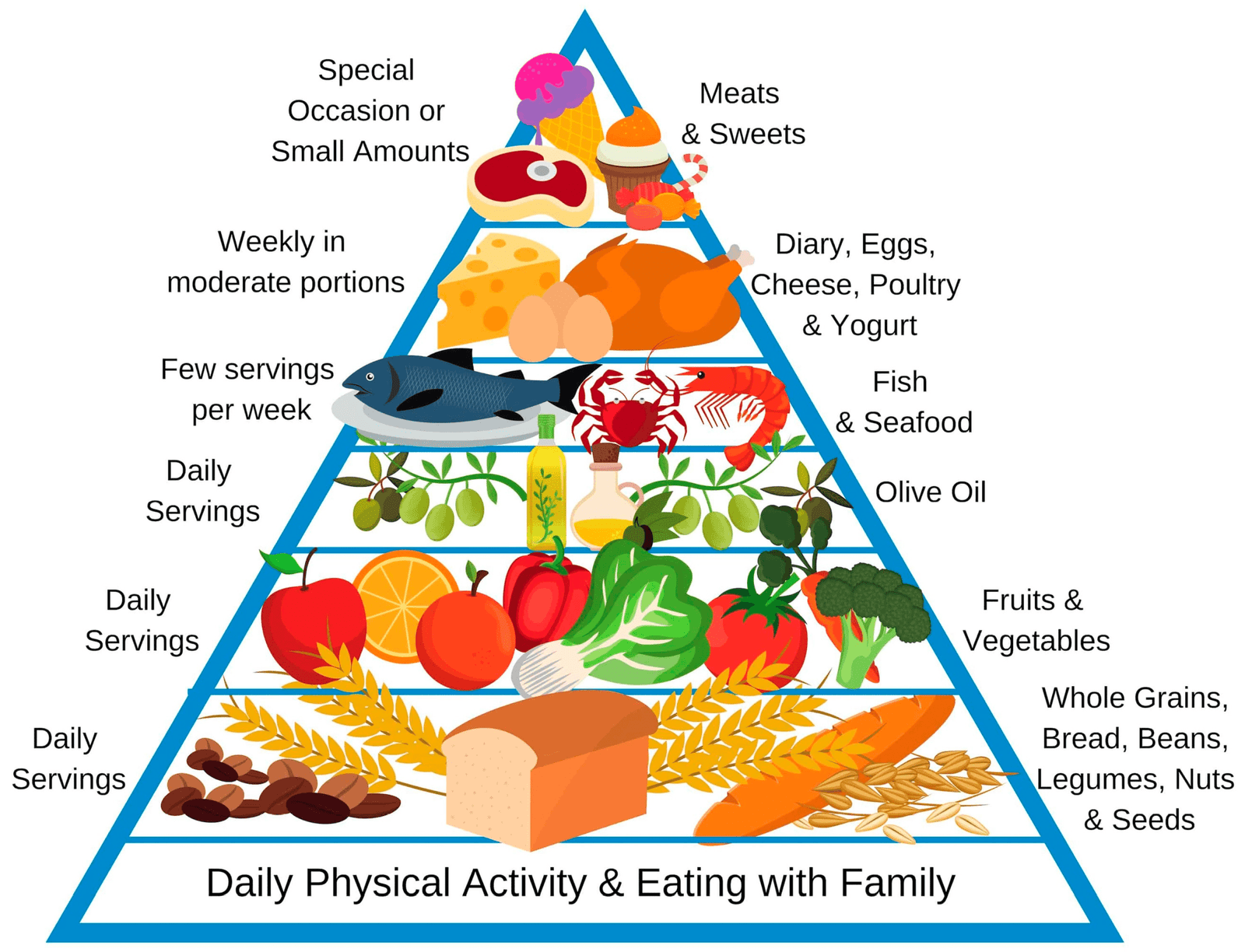
Health Precautions
- Stay hydrated with clear fluids.
- Avoid solid foods initially, then gradually introduce bland foods.
- Avoid dairy products, caffeine, and alcohol.
- Get plenty of rest.
What is Common Gastro Illness Diet?
Gastrointestinal illnesses, such as diarrhea, vomiting, and food poisoning, can disrupt the digestive system, causing discomfort and dehydration. To aid recovery and minimize symptoms, it is crucial to follow a specific diet that supports gut health and provides essential nutrients. The common gastrointestinal illness diet focuses on bland, easily digestible foods that help restore electrolyte balance and prevent further irritation.
The diet includes clear liquids, such as water, electrolyte solutions, and broth, which help rehydrate and replenish lost electrolytes. Bland foods, such as crackers, rice, bananas, and applesauce, are gentle on the stomach and provide essential carbohydrates without exacerbating symptoms. Yogurt, with its probiotics, can help restore gut flora balance, while lean proteins, such as grilled chicken or fish, provide essential amino acids. Avoid processed foods, spicy dishes, caffeine, and alcohol, as these can worsen gastrointestinal distress.

Health Precautions
- Stay hydrated with clear fluids.
- Avoid solid foods initially, then gradually introduce bland foods.
- Avoid dairy products, caffeine, and alcohol.
- Get plenty of rest.
What is Common Gastro Illness Diet?
Gastrointestinal illnesses, such as diarrhea, vomiting, and food poisoning, can disrupt the digestive system, causing discomfort and dehydration. To aid recovery and minimize symptoms, it is crucial to follow a specific diet that supports gut health and provides essential nutrients. The common gastrointestinal illness diet focuses on bland, easily digestible foods that help restore electrolyte balance and prevent further irritation.
The diet includes clear liquids, such as water, electrolyte solutions, and broth, which help rehydrate and replenish lost electrolytes. Bland foods, such as crackers, rice, bananas, and applesauce, are gentle on the stomach and provide essential carbohydrates without exacerbating symptoms. Yogurt, with its probiotics, can help restore gut flora balance, while lean proteins, such as grilled chicken or fish, provide essential amino acids. Avoid processed foods, spicy dishes, caffeine, and alcohol, as these can worsen gastrointestinal distress.
Types Of Common Gastro illness Diet
BRAT Diet
The BRAT diet stands for Bananas, Rice, Applesauce, and Toast. This diet is often recommended for individuals suffering from gastrointestinal issues such as diarrhea, nausea, or vomiting. These foods are bland, low in fiber, and easy to digest, which can help soothe an upset stomach.
Low-Fiber Diet
A low-fiber diet is often recommended for individuals with gastrointestinal issues such as diverticulitis, inflammatory bowel disease, or irritable bowel syndrome. Foods that are low in fiber include white bread, white rice, canned or cooked fruits without skin, and well-cooked vegetables.
Low-Fat Diet
A low-fat diet is often recommended for individuals with gastrointestinal issues such as gallbladder disease, pancreatitis, or gastroesophageal reflux disease (GERD). Foods that are low in fat include lean meats, fish, skinless poultry, low-fat dairy products, and plenty of fruits and vegetables.
Low-Residue Diet
A low-residue diet is often recommended for individuals with gastrointestinal issues such as inflammatory bowel disease, diverticulitis, or bowel obstruction. Foods that are low in residue include refined grains, well-cooked vegetables, and lean proteins.
Gluten-Free Diet
A gluten-free diet is often recommended for individuals with celiac disease or gluten sensitivity. This diet involves avoiding foods that contain gluten, such as wheat, barley, and rye.
Lactose-Free Diet
A lactose-free diet is often recommended for individuals with lactose intolerance. This diet involves avoiding foods that contain lactose, such as milk, cheese, and ice cream.
Types Of Common Gastro illness Diet
BRAT Diet
The BRAT diet stands for Bananas, Rice, Applesauce, and Toast. This diet is often recommended for individuals suffering from gastrointestinal issues such as diarrhea, nausea, or vomiting. These foods are bland, low in fiber, and easy to digest, which can help soothe an upset stomach.
Low-Fiber Diet
A low-fiber diet is often recommended for individuals with gastrointestinal issues such as diverticulitis, inflammatory bowel disease, or irritable bowel syndrome. Foods that are low in fiber include white bread, white rice, canned or cooked fruits without skin, and well-cooked vegetables.
Low-Fat Diet
A low-fat diet is often recommended for individuals with gastrointestinal issues such as gallbladder disease, pancreatitis, or gastroesophageal reflux disease (GERD). Foods that are low in fat include lean meats, fish, skinless poultry, low-fat dairy products, and plenty of fruits and vegetables.
Low-Residue Diet
A low-residue diet is often recommended for individuals with gastrointestinal issues such as inflammatory bowel disease, diverticulitis, or bowel obstruction. Foods that are low in residue include refined grains, well-cooked vegetables, and lean proteins.
Gluten-Free Diet
A gluten-free diet is often recommended for individuals with celiac disease or gluten sensitivity. This diet involves avoiding foods that contain gluten, such as wheat, barley, and rye.
Lactose-Free Diet
A lactose-free diet is often recommended for individuals with lactose intolerance. This diet involves avoiding foods that contain lactose, such as milk, cheese, and ice cream.
Your trusted destination for comprehensive care and management of gastroenterology diseases
Your trusted destination for comprehensive care and management of gastroenterology diseases
Treatment Approaches at Gastroworld Clinic
Dietary Modifications
Personalized dietary recommendations based on individual symptoms and intolerances Elimination diets to identify and remove trigger foods Nutrient-rich diets to support gut health and function
Probiotics and Prebiotics
Probiotics, beneficial bacteria, and prebiotics, fiber that supports their growth, work together to restore the balance of gut microbiota. This balance is crucial for optimal gastrointestinal health.
Medical Nutrition Therapy
Our Nutritionist provided medical-grade nutritional formulas tailored to specific gastrointestinal conditions Specialized diets for malabsorption, inflammatory bowel disease, and other conditions
Enzyme Supplementation
Supplements containing digestive enzymes to aid in the breakdown and absorption of nutrients Can improve symptoms of gas, bloating, and indigestion
Specialize Diet
Gastroworld Clinic Nutritionist team provide precision meal plans to personalized guidance, embark on a journey towards vibrant well-being and culinary delight.
Medication
Gastroworld Clinic Team prescript medications to manage specific symptoms, such as: Antacids to neutralize stomach acid Anti-diarrheal medications to control diarrhea.
Treatment Approaches at Gastroworld Clinic
Dietary Modifications
Personalized dietary recommendations based on individual symptoms and intolerances Elimination diets to identify and remove trigger foods Nutrient-rich diets to support gut health and function
Probiotics and Prebiotics
Probiotics, beneficial bacteria, and prebiotics, fiber that supports their growth, work together to restore the balance of gut microbiota. This balance is crucial for optimal gastrointestinal health.
Medical Nutrition Therapy
Our Nutritionist provided medical-grade nutritional formulas tailored to specific gastrointestinal conditions Specialized diets for malabsorption, inflammatory bowel disease, and other conditions
Enzyme Supplementation
Supplements containing digestive enzymes to aid in the breakdown and absorption of nutrients Can improve symptoms of gas, bloating, and indigestion
Specialize Diet
Gastroworld Clinic Nutritionist team provide precision meal plans to personalized guidance, embark on a journey towards vibrant well-being and culinary delight.
Medication
Gastroworld Clinic Team prescript medications to manage specific symptoms, such as: Antacids to neutralize stomach acid Anti-diarrheal medications to control diarrhea.
Frequently Asked Questions
What is a gastro illness diet?
A gastro illness diet is a dietary plan designed to help individuals recover from gastrointestinal illnesses, such as food poisoning, stomach flu, or gastroenteritis. This diet typically includes foods that are easy to digest, provide essential nutrients, and help to soothe the digestive system.
What foods should I avoid on a gastro illness diet?
During a gastro illness, it’s best to avoid foods that are hard to digest, high in fat, or spicy. These foods can irritate the stomach and intestines, prolonging the recovery process. Some foods to avoid include: – Fatty or fried foods – Dairy products (except for yogurt) – Spicy foods – High-fiber foods (such as whole grains, raw vegetables, and fruits with skin) – Alcohol and caffeine – Carbonated beverages
What foods should I include in a gastro illness diet?
A gastro illness diet should consist of foods that are easy to digest and provide essential nutrients. Some recommended foods include: – Bland, low-fiber carbohydrates (such as white rice, white bread, and crackers) – Lean proteins (such as chicken, turkey, or tofu) – Cooked, soft vegetables (such as carrots, green beans, and squash) – Ripe bananas and other soft, easy-to-digest fruits – Clear broths and soups – Yogurt with live and active cultures – Herbal teas (such as ginger or peppermint)
How long should I follow a gastro illness diet?
The duration of a gastro illness diet depends on the severity and duration of the illness. In general, it’s recommended to follow a gastro illness diet until symptoms subside, which can take anywhere from a few days to a week. If symptoms persist or worsen, consult a healthcare professional.
Can I drink water on a gastro illness diet?
Yes, it’s essential to stay hydrated during a gastro illness. Drink plenty of water, clear broths, and herbal teas to replace fluids lost due to vomiting or diarrhea. Avoid sugary drinks, as they can worsen diarrhea.
